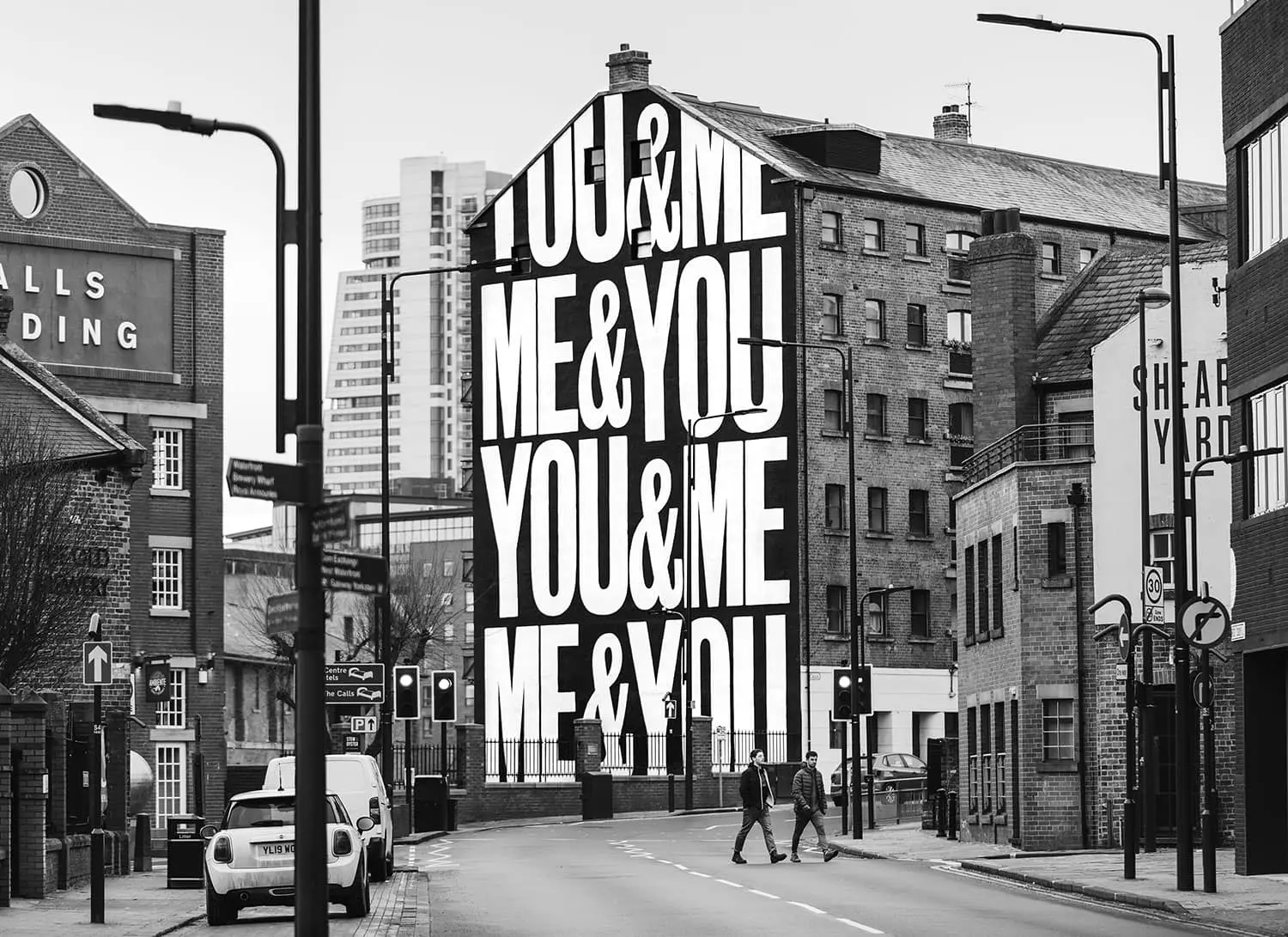Physical Address
304 North Cardinal St.
Dorchester Center, MA 02124
Physical Address
304 North Cardinal St.
Dorchester Center, MA 02124

“The job of the artist is not just to decorate the world, but to disturb it—but also to connect people.”
— Anthony Burrill
In this compelling interview, renowned typographer and artist Anthony Burrill shares his reflections on the unlikely but essential intersections between music, protest, and everyday kindness. For Burrill, these are not separate spheres—they’re threads in the fabric of how we live meaningfully, engage with others, and challenge the status quo.
Burrill describes music as more than entertainment: it’s a bridge between inner life and shared experience. A song can crystallize how you feel when words alone can’t. At the same time, when people gather—singing in unison, dancing, listening together—there’s a sense of collective energy, a “we” that transcends individual loneliness.
He argues that artists who compose or perform are contributing dialogues—not just sound. The best musical works invite us to listen inwardly and outwardly, to connect emotion with a social dimension.

In Burrill’s view, protest isn’t simply noise—it’s a way to open up space for questions. When systems or policies marginalize or silence voices, protest is a way of demanding attention, of asserting that something’s not acceptable. But it’s also a dialogue, not a shouting match: you protest to make people think, to shift norms, to invite transformation.
He emphasizes that protest needs clarity of message, sincerity, and connection to real people’s lives. If it becomes spectacle without substance, it loses its moral force. For Burrill, the strongest protests are grounded in everyday truths.

Perhaps surprisingly, Burrill devotes just as much care to talking about kindness. He suggests that small acts of civility, empathy, and genuine attention are the relational glue of society. They build trust, diffuse cynicism, and keep us connected—even when we disagree.
He frames niceness not as weakness, but as a kind of quiet resistance in a culture of division. When you show dignity to someone who is ignored or dismissed, you affirm their humanity—and you resist the norm that “others don’t matter.”
When music, protest, and kindness are treated as separate domains, their power becomes diluted. Burrill’s core insight is that they reinforce each other:
He challenges us—creatives and citizens alike—to bring them into our lives, not as luxury but as necessity. In a time of fragmentation, borrowing from his work, maybe we can each ask: